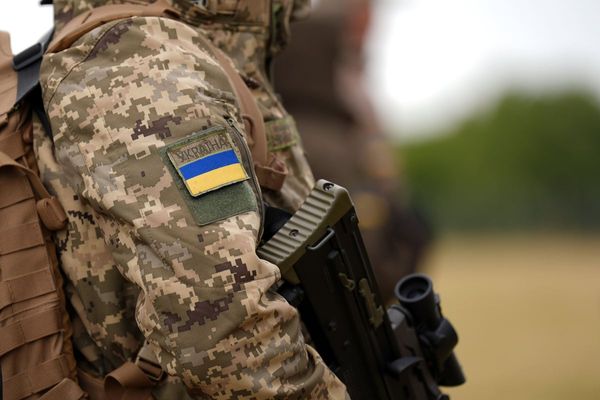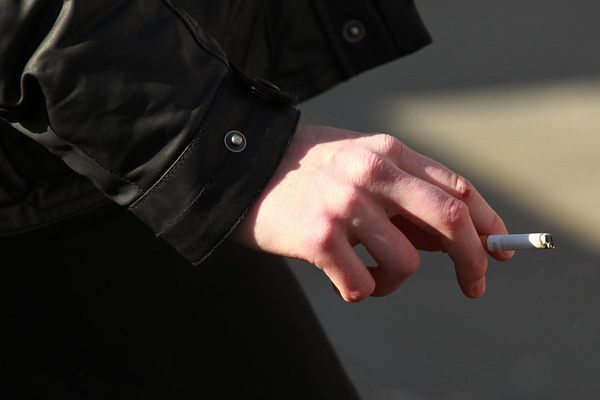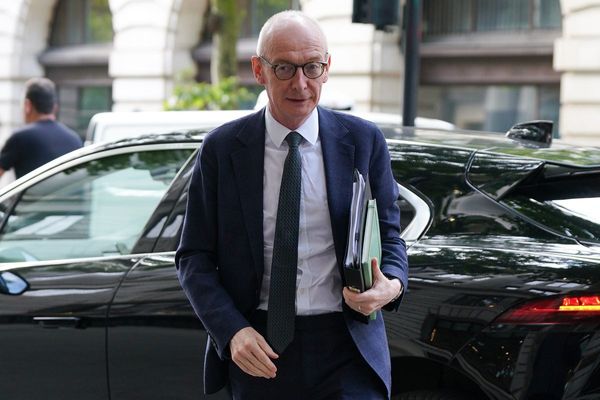
Pedro Acosta's world championship career has been meteoric. He made his debut in Moto3 in 2021 and won the title at his first attempt. He made the jump to Moto2 in 2022, and although he needed one season to get the hang of the category, he dominated in his second attempt in 2023, racking up seven wins and 14 podiums out of a possible 20.
In 2024, with just three years in the paddock, Acosta is the only rookie in MotoGP this year. But he needed just three races to prove he had the level to be in the top class.
His fight with Marc Marquez in the season-opening Qatar GP, first podium in the second race at Portimao, and second place in Austin confirmed the young Spaniard as the 'chosen one' many had been referring to since he emerged. That initial explosiveness, however, slowed down as the season passed through its midway point, only to pick up again at Aragon and Indonesia.
The reasons for this 'disappearance' can be sought in many places, but the least questionable reality is the strength of the bikes that Ducati offers its riders. Those who compare Acosta to Valentino Rossi, Marc Marquez or Jorge Lorenzo, who won in their first MotoGP season, probably do not take into account that these three legends debuted on the best bike available at the time, even though the competition between manufacturers was much greater than it is now.
Today, MotoGP is divided into two distinct groups. In the first group, those riding one of the Borgo Panigale bikes compete for the title, victories and pole positions. The rest are measured by what Ducati, which has been profiting for years from a well thought out and well executed strategy, leaves behind.
"KTM is no longer about contracts"
Motorsport.com spoke to Acosta in Indonesia last weekend about the dominance of the Italian bikes, and the difficulty for other riders to compete with them. It enjoys a monopoly that is not likely to end overnight, inevitably leading to tentative rumours that Acosta may be looking for a way out of KTM at the end of 2025 and into the Ducati fold.

How long will Acosta's patience with the current KTM situation last before he tries to get on a Ducati? It's the rider himself who answers the question.
"The thing is that my relationship with KTM is no longer about business or contracts; now it's a question of heart," says the 20-year-old, holding his right hand to his chest before adding in an almost solemn tone: "KTM is already a family for me."
Acosta won the Red Bull Rookies Cup in 2020. That brought him closer to the energy drinks brand and placed him in the orbit of KTM, which, through Ajo's structure, gave him a place in the Moto3 world championship in 2021. This remains a gesture that the rider is grateful for, given that at the time there was no place for him.
Acosta has no plans to leave KTM in the short or medium term to look for a Ducati to ride, a move that everyone would probably understand, and which would be completely legitimate
In 2022, his first experience in Moto2, Acosta signed a contract as a rider for the Mattighofen-based manufacturer, guaranteeing him a move to MotoGP in 2024 and a factory bike in 2025, as planned. There, he will be reunited with Aki Ajo, who was announced on Monday as the new team manager of the KTM's MotoGP division, replacing Francesco Guidotti.
The alliance between Acosta and KTM contains an option to continue together in 2026 and 2027 if certain conditions are met, in what is now known as a multi-year tie-up. The deal contains very precise clauses which, Motorsport.com understands, would allow the rider to be released at the end of each year.
"Feelings now come before contracts," says Acosta. "I'm determined to pull the brand and take it forward. Hopefully, we will win a MotoGP world championship together."
Michael Jordan as an inspiration
The story of Acosta and KTM is reminiscent of Michael Jordan and the Chicago Bulls. When the franchise selected the North Carolina native with the #3 pick in the 1984 draft, it was one of the worst teams in the league. Jordan was the leading scorer in his first year, but the team lost most of its games and he was showered with offers to move, even from dominant, big-name clubs.

"It would have been easy to go to a winning team and be a champion. The hard part was bringing the ring to Chicago," Jordan recalled.
"Nobody believed in that team [the Bulls], but they managed to build a group around [Jordan] and they took it forward," explains Acosta, who recalls The Last Dance, the famous Netflix docuseries that chronicles the basketball phenomenon's career and those Chicago Bulls who strung together six crowns between 1990 and 1998.
"There's a line in the documentary in which Jordan recalls the moment when he stopped thinking about just scoring points and started using the team to win championships. That's when he really went from being a great player to becoming the legend that everyone knows today," adds Acosta, showing maturity beyond his years.
Acosta has no plans to leave KTM in the short or medium term to look for a Ducati to ride, a move that everyone would probably understand, and which would be completely legitimate. His circumstance has some similarities with Marc Marquez, who left Honda - his own Chicago Bulls - to join a modest satellite structure in Gresini. Within a year, this path opened the door to Ducati's factory team.
But the fact is that Acosta and Marquez have nothing to do with each other, even if they have already met on track several times.
"At KTM, with all the team we have and doing my part, we can make a great working group to try to move forward and make this factory a champion," Acosta explains. "My big dream is to be world champion, but my biggest challenge is to achieve it with KTM."








